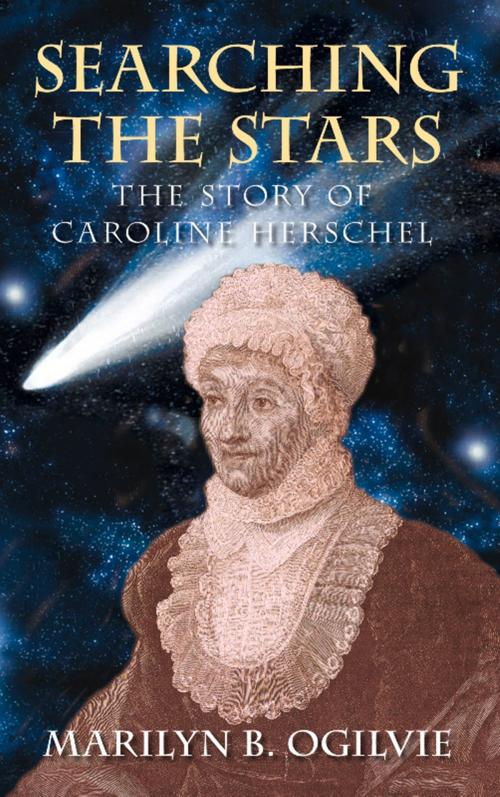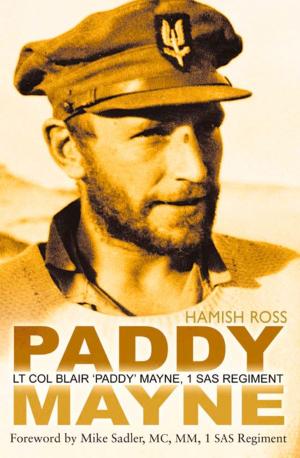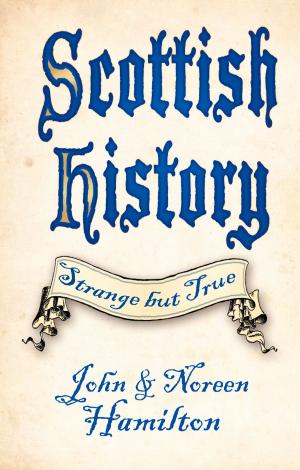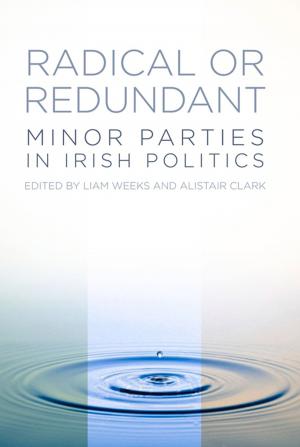Searching the Stars
The Story of Caroline Herschel
Nonfiction, Science & Nature, Science, Physics, Astronomy, Biography & Memoir, Reference| Author: | Marilyn B Ogilvie | ISBN: | 9780752475462 |
| Publisher: | The History Press | Publication: | November 8, 2011 |
| Imprint: | The History Press | Language: | English |
| Author: | Marilyn B Ogilvie |
| ISBN: | 9780752475462 |
| Publisher: | The History Press |
| Publication: | November 8, 2011 |
| Imprint: | The History Press |
| Language: | English |
Caroline Herschel is best known as the less significant sister of the astronomer William Herschel. Yet the romantic notion of her tirelessly working for her brother while he made his studies of the heavens, documenting his discoveries so he could achieve greatness in the scientific world, couldn't be further from the truth. When Caroline wasn't working as her brother's assistant, she was sweeping the stars with her own small telescope given to her by William. Not only did she unearth three important nebulae, but she discovered no fewer than eight comets in her own right. When William became Astronomer Royal to King George III in 1782, Caroline too received an annual salary, making her the first ever woman to work as a professional scientist. William was made a fellow of the Royal Society in 1781 after discovering the planet Uranus. It wasn't until 1828, but the Society would eventually reward Caroline too, with its Gold Medal. This award would not be awarded to another woman until 1996. This fascinating biography of one of our most outstanding scientists reveals the hardships experienced by a woman pursuing a male profession. Yet how did this unattractive, diminutive woman gain the respect of her professional colleagues, her country and even her king? As Marilyn B Ogilvie investigates this extraordinary life, the determination, humility and passion of one unremarkable woman come to light.
Caroline Herschel is best known as the less significant sister of the astronomer William Herschel. Yet the romantic notion of her tirelessly working for her brother while he made his studies of the heavens, documenting his discoveries so he could achieve greatness in the scientific world, couldn't be further from the truth. When Caroline wasn't working as her brother's assistant, she was sweeping the stars with her own small telescope given to her by William. Not only did she unearth three important nebulae, but she discovered no fewer than eight comets in her own right. When William became Astronomer Royal to King George III in 1782, Caroline too received an annual salary, making her the first ever woman to work as a professional scientist. William was made a fellow of the Royal Society in 1781 after discovering the planet Uranus. It wasn't until 1828, but the Society would eventually reward Caroline too, with its Gold Medal. This award would not be awarded to another woman until 1996. This fascinating biography of one of our most outstanding scientists reveals the hardships experienced by a woman pursuing a male profession. Yet how did this unattractive, diminutive woman gain the respect of her professional colleagues, her country and even her king? As Marilyn B Ogilvie investigates this extraordinary life, the determination, humility and passion of one unremarkable woman come to light.















